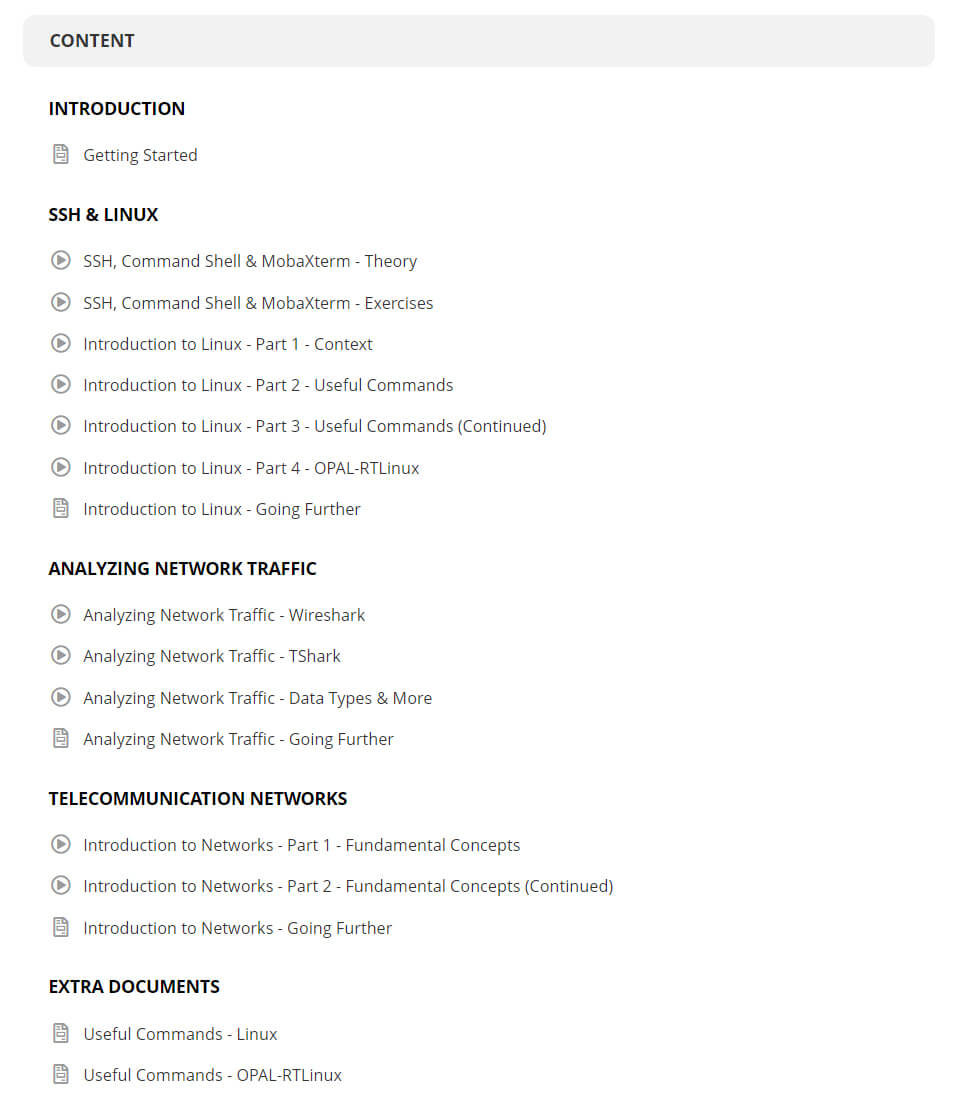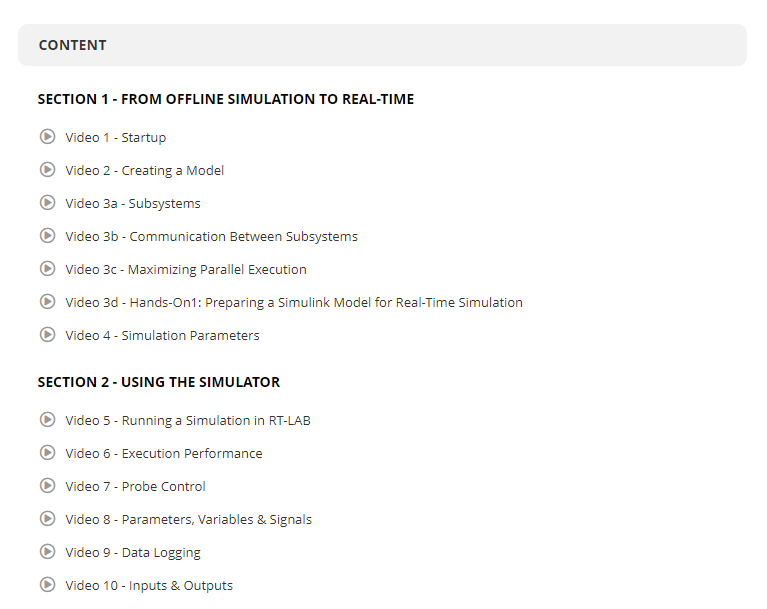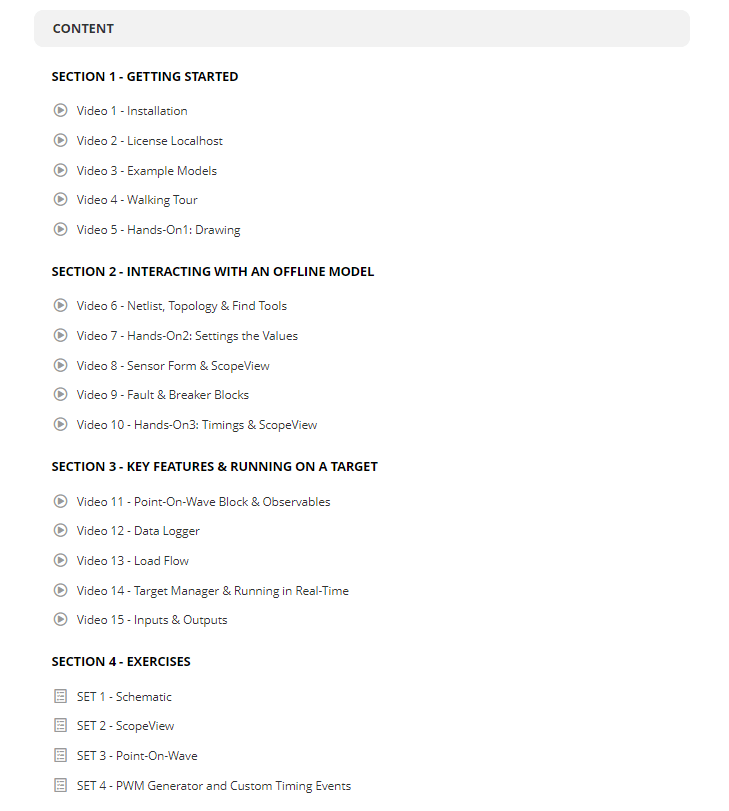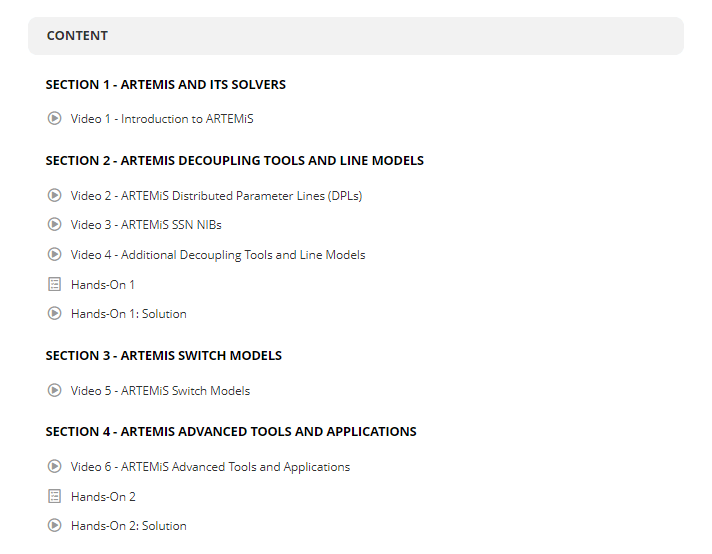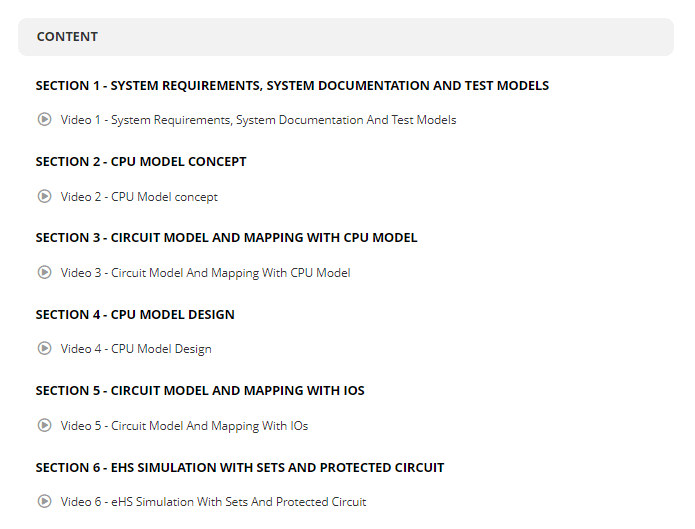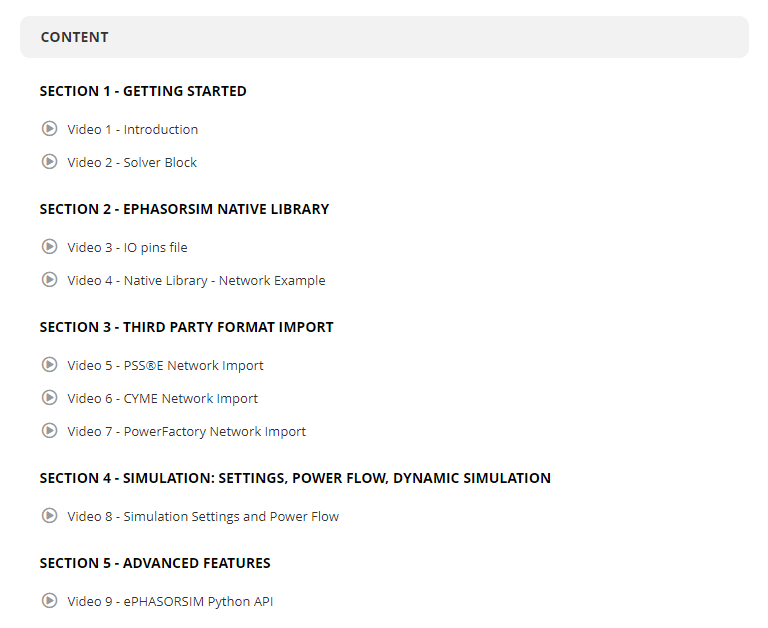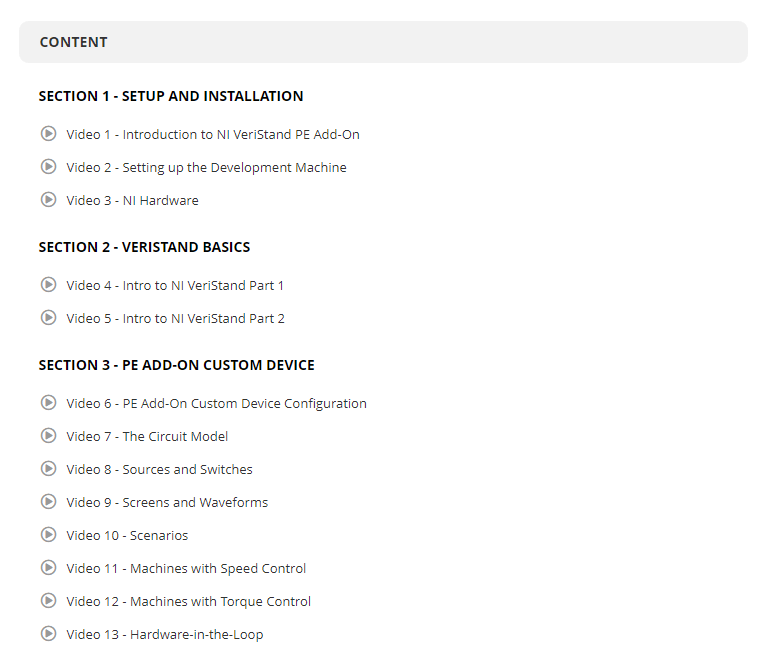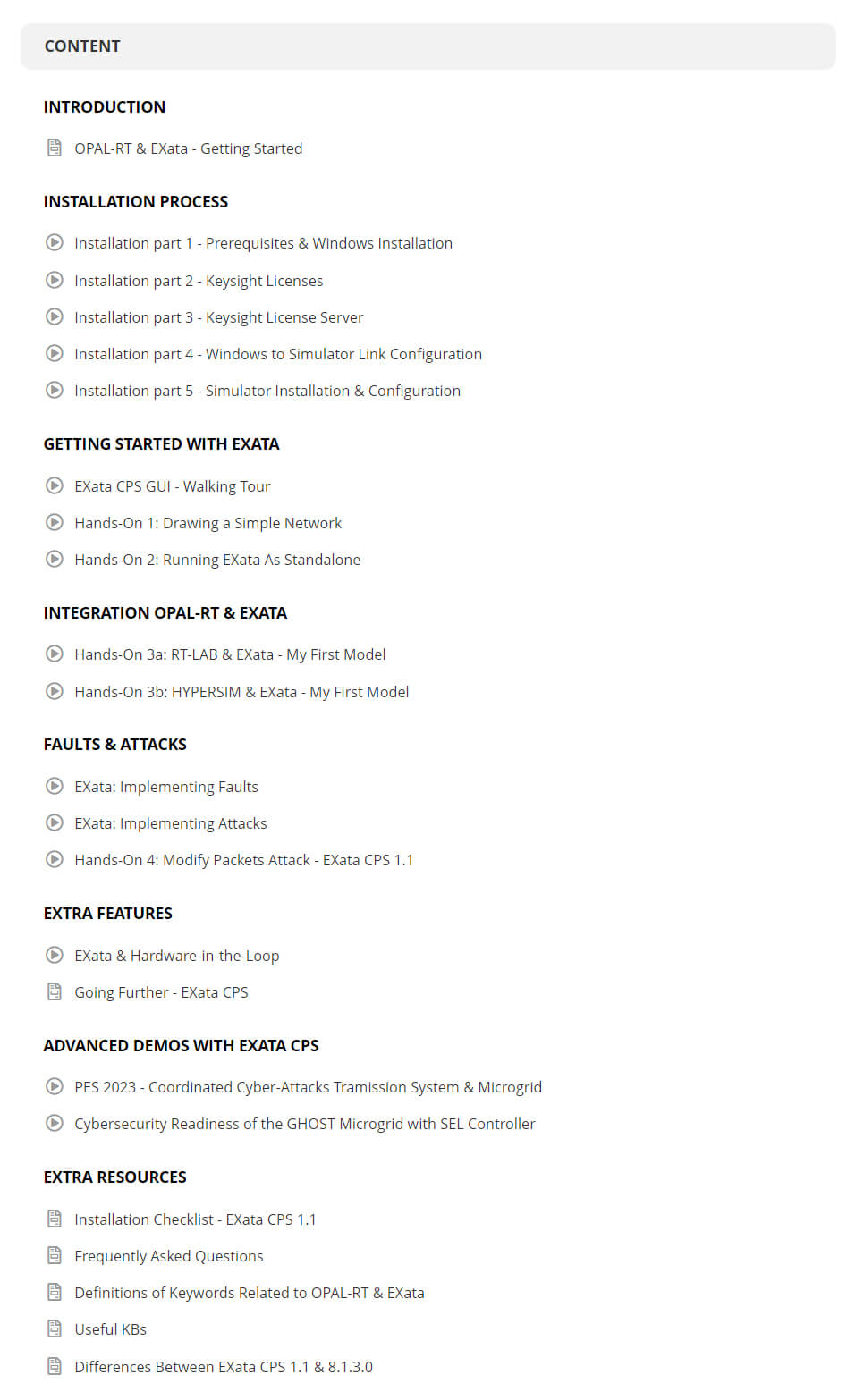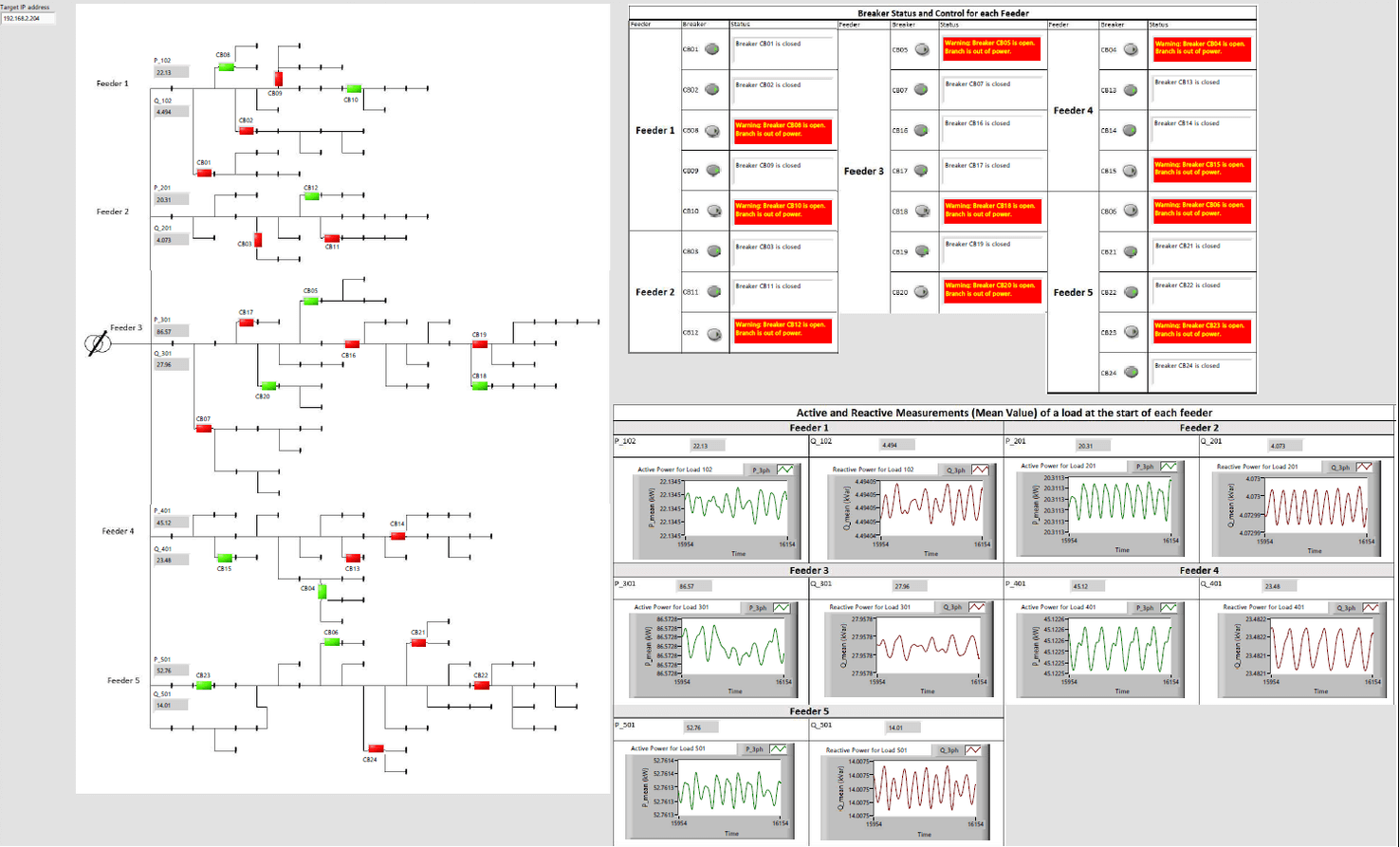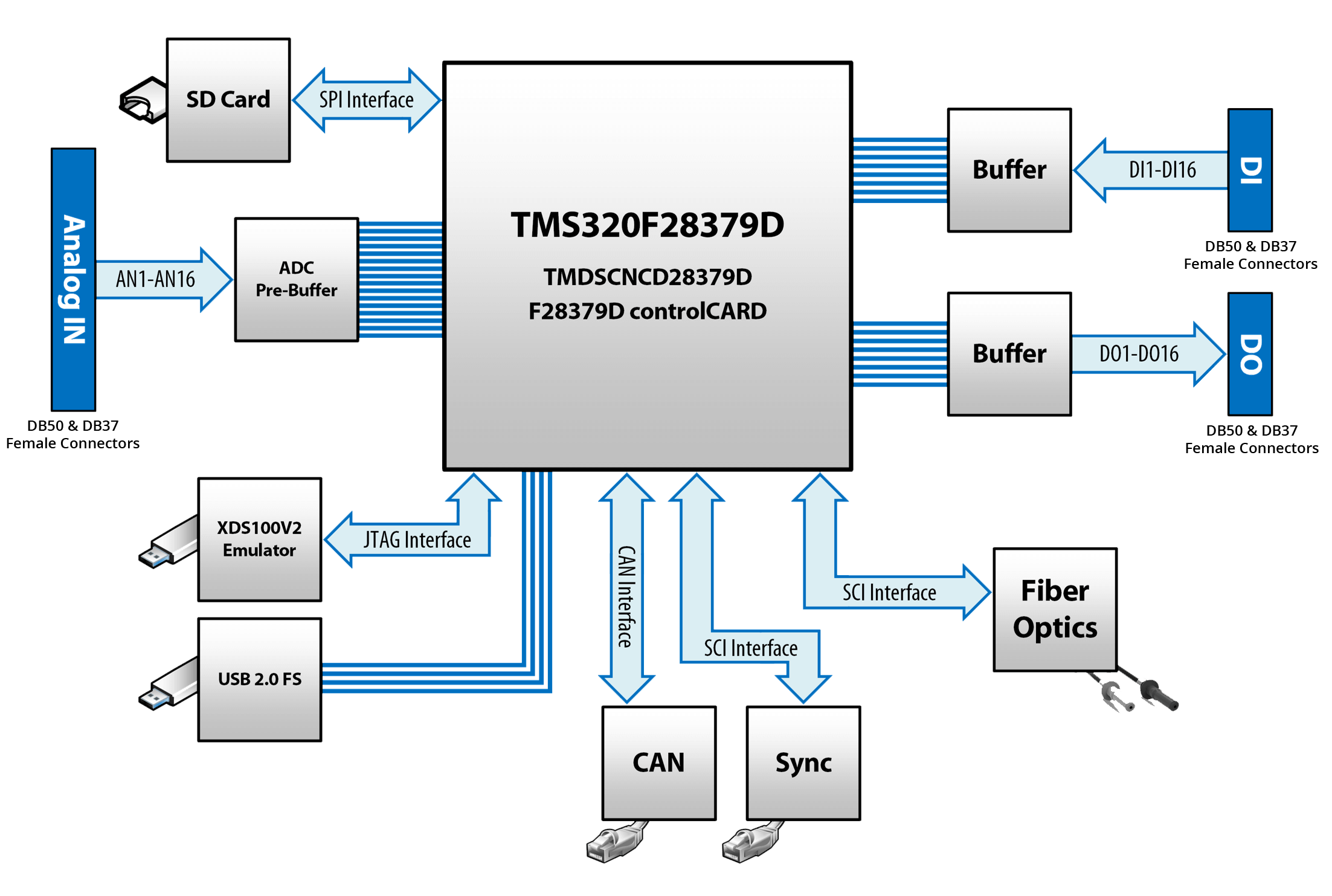Knowledge Base
Welcome to OPAL-RT’s Knowledge Base
OPAL-RT offers a repository of support information for optimal use of its technology.
Please note that OPAL-RT knowledge base is not fully optimized for mobile platforms.
For optimal experience, use a desktop computer.
|
Reference Number: AA-02135// Views: AA-02135// Created: 2023-03-09 00:22:54// Last Updated: 2023-03-09 00:25:07 HowTo How to Use the Time Factor on RT-LAB Python API If you are
performing a testing automation using PythonAPI, one of the variables that you
may want to change is the time-step from one simulation execution to another. The best
way to do it is changing is using the Time Factor. The Time
Factor it the value used as a multiplication factor with the calculation step
to obtain the effective calculation step. Example: Time Step:
0.001s à calculationStep: Calculation
step size as specified in the model file Time
Factor: 0.5 Effective
calculation step: calculationStep *TimeFactor = 0.001*0.5 = 500us à This is the real time step used
during the simulation
The Time
Factor value can be used directly on RT-LAB, being set on Execution tab of your
model:
To use it with
Python API to change the Time-Step value between one execution and another, you
can define a variable that will receive the time factor value and change the
variable value between model executions. This variable should be declared as an
argument for the Load and Execute function, like the example below: TimeFactor = 1
##Load the model RtlabApi.Load(realTimeMode, TimeFactor) ##Execute the model
RtlabApi.Execute(TimeFactor) Note: you can not change the time step value during the simulation execution.
|



